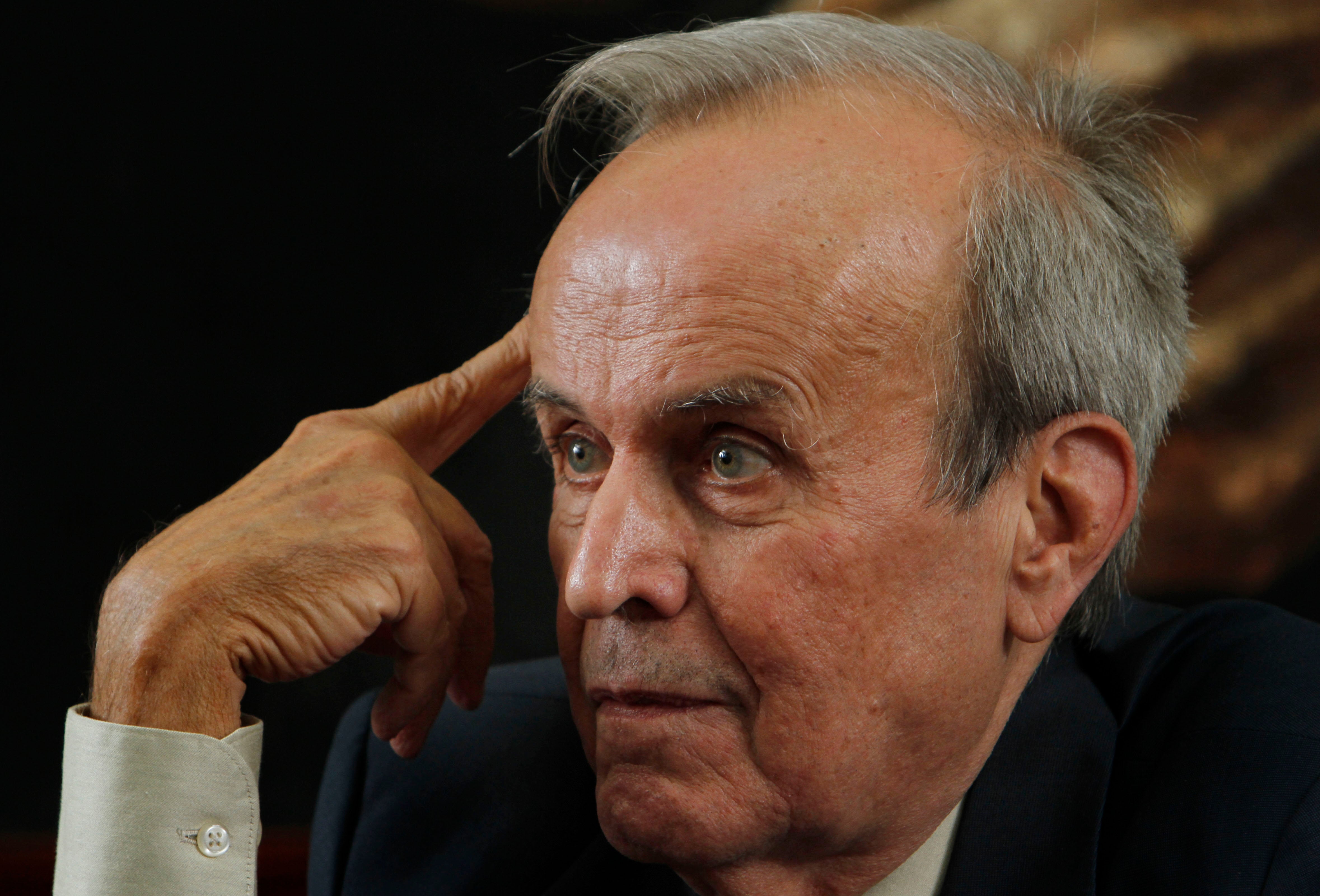Ricardo Alarcón, Castro confidant and top Cuban envoy, dies
Ricardo Alarcón, who was for years the head of Cuba’s parliament and one of the country’s most prominent diplomats, has died in Havana

Ricardo Alarcón, who was for years the head of Cuba’s parliament and one of the country’s most prominent diplomats, has died in Havana, authorities in Cuba said Sunday. He was 84 years old.
Alarcón was the trusted adviser to Fidel Castro, and his brother and successor Raúl, for decades and was a key negotiator in difficult talks with the United States in issues including immigration and the legal battle for the return of the child Elián González to Cuba in 2000.
Alarcón did not participate directly in negotiations that led to the island’s thaw with Washington in 2014 under the direction of Presidents Barack Obama and Raúl Castro, since he had by that time left public life.
However, he was heavily involved in efforts to secure the release of five Cuban intelligence agents detained in Florida in 1999. Their return to Cuba coincided with the process of reestablishing diplomatic relations
“To Ricardo Alarcón de Quesada, master of the diplomats of our generation, we will always keep deep respect, admiration and infinite affection. Thank you for the privilege and honor of having been his disciple, ” Deputy Minister Josefina Vidal said on Twitter.
Alarcón, who spoke fluent English, was frequently interviewed on U.S. television channels about the policies of the island’s communist government.
He was one of the top leaders and a member of the Political Bureau of the Communist Party, and was even mentioned as a possible successor to Fidel Castro before his brother Raúl Castro assumed the leadership of the country in 2008.
Wearing his traditional guayabera, his cigar between bony hands with long fingers and his thin glasses, Alarcón used to combine harsh rhetoric and fine sarcasm to criticize US policies towards Cuba, which he attributed to the influence of the Cuban exile community in Miami.
During the legal dispute over the custody of Elián González, Alarcón was a personal adviser to the minor’s father. During the process, he compared Cuban exiles in Miami with a “banana republic” and a “wild west” where no law reached.
Alarcón, who often described the U.S. embargo as “genocidal,” was president of the National Assembly from 1993. He retired as its leader in 2013.
At the head of this institution in 2002, Alarcón led efforts to inscribe the permanence of the socialist system in the Constitution, in defiance of growing demands for democratic reforms from opponents and some governments.
Before becoming a parliamentarian, Alarcón served as foreign minister and twice Cuba’s ambassador to the United Nations: between 1966-1978 and between 1990-92. There, he was vice president of the U.N. General Assembly and Chairman of the Administrative Council of the U.N. Development Program.
Born on May 21, 1937, Alarcón had a doctorate in philosophy and literature. As a young man, he was a staunch opponent of the Fulgencio Batista dictatorship and was part of the movement that overthrew him.